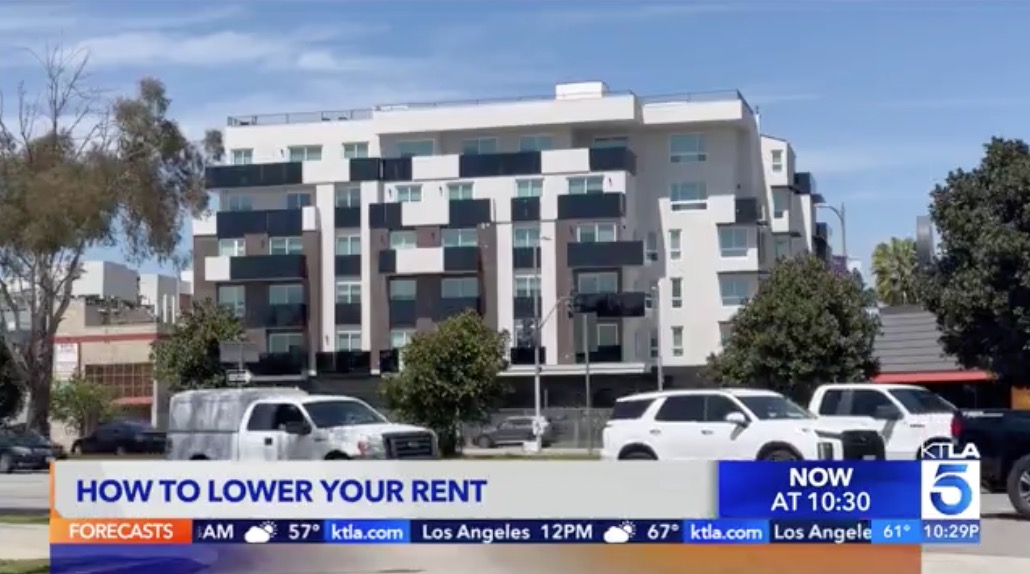It’s tough out there. Brutally, historically tough. Especially this week, Rent Week.
According to the New York Times, “at least 297 million people in at least 38 states, 48 counties, 14 cities, the District of Columbia and Puerto Rico are being urged to stay home.” The economical impact is catastrophic. Over 10 million people in the U.S. have filed for unemployment in the past two weeks, undoing ALL of the employment gains since the Great Recession. That’s likely a severe understatement of the actual numbers. It’s probably much worse.
Unemployment offices across the country are straining to enroll 30 times as many as they would in a “normal” week, and they’re the first to admit that they’re not capturing everyone yet. There are 15 million people who work in the restaurant industry alone and most of them are unemployed as of now. Leisure, hospitality, retail, manufacturing, and transportation industries have also been severely impacted.
To make matters worse, it’s Rent Week.
In every single town, city, and state across this country, renters are painfully aware of this deadline. If rent is not paid by the 5th, it is considered late and likely accrues penalty fees. Of the 109 million American renters, many are trying to figure out if they can pay their rent. Very few solutions currently exist for those who can’t.
As Dwellsy looked ahead to the arrival of April 1st, we advocated last week for a national response on behalf of renters negatively affected by the Coronavirus. For starters:
- An immediate, national ban on evictions.
- A long term repayment schedule for any missed rent due to joblessness, with repayment guaranteed by the federal government, to match the security that the government already provides to homeowners via Fannie and Freddie loan guarantees.
- A moratorium on reporting failure to pay rent due to joblessness to credit bureaus until the end of the crisis.
We’ve been tracking progress on this front.
While conversations have begun and there is much chatter about the need, we are still very far from from a national solution. In fact, there has yet to be a single municipal or state solution enacted to adequately address the issues renters face. Not a single one.
A patchwork of eviction moratoriums and some rent freezes have surfaced. At best, they are a partial solution. By only deferring the inevitable outcome that some may face as a result of defaulting on rent payments, the situation remains dire for both landlord and tenants.
Some landlords and renters are working in partnership to get through this crisis.
Through recent conversations, we’ve learned about the grace that many are extending to each other. One renter gave her own landlord a gift basket of groceries after she found out he had lost his job and was struggling to put food on the table for his own family. We also heard from a landlord delivering groceries to elderly residents unable to pay rent due to lost wages. These compassionate acts reveal humanity’s capacity to be selfless even in the face of dreadful circumstances.
Selflessness aside, the fact still remains, it is Rent Week this week.
Renters and landlords alike will be pushed towards unspeakable decisions as a result of insufficient relief measures. In the worst cases, renters will need to choose between paying for the roof over their heads or the food to feed themselves and their families. Landlords face a different choice. Do they recognize the challenges their residents are facing and meet these burdens with compassion? Or do they turn a blind eye to tenant distress and issue demands devoid of understanding? The latter will most certainly result in fractured relationships that will be difficult to repair once this crisis if over.
The Federal government needs to step in. Now.
It needs to be that beacon of grace for both homeowners and renters. Fannie Mae and Freddie Mac, two Government-Sponsored Enterprises, focus solely on stimulating, expanding, and protecting homeownership. On March 20th, the U.S. Department of Housing and Urban Development (HUD) announced a foreclosure and eviction moratorium for these Federally backed loans. While this act is most certainly gracious, it targets homeowners, not renters. This pattern of valuing the well-being of homeowners over the well-being of renters needs to end.
To beat this virus, we have weeks, maybe even months, of seeking shelter and distance from others while staying at home. Renters need to know that they’re not going to be on the street if they can’t pay their rent. Above all, it is critical to the welfare of every community in our country. It is a matter of our nation’s public health.
This is a time for unity and solidarity.
In conclusion, let’s make the case together for grace and fellowship during these difficult times. Needed immediately are:
- Reasonable repayment plans for renters once on the other side of this crisis
- National eviction bans to keep people safe as we combat COVID-19
- Credit preservation for those who may default on payments
- Protections for landlords unable to collect rent, through no fault of their own








